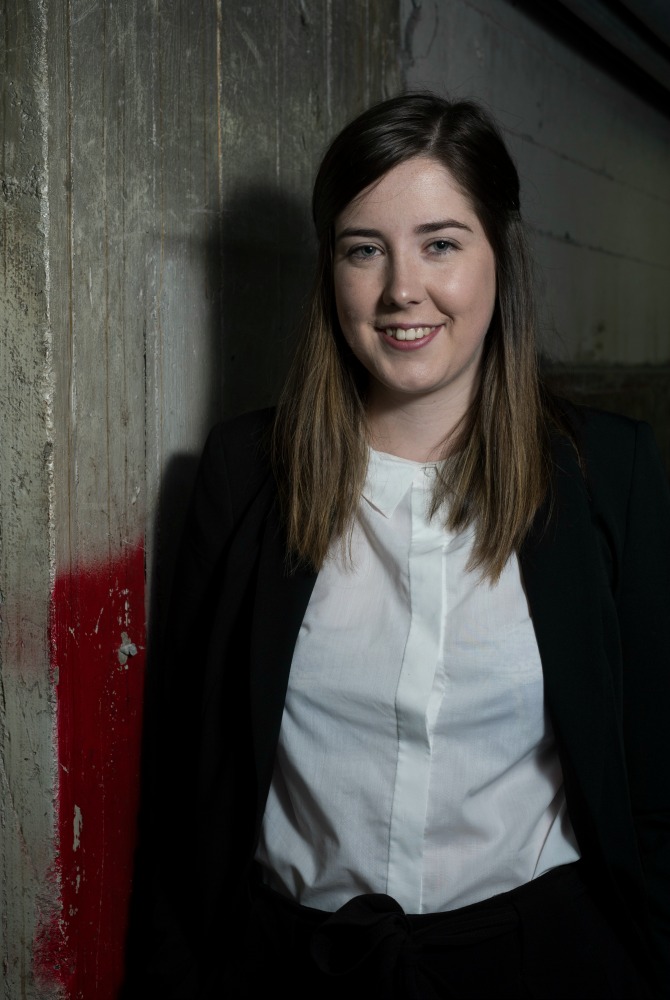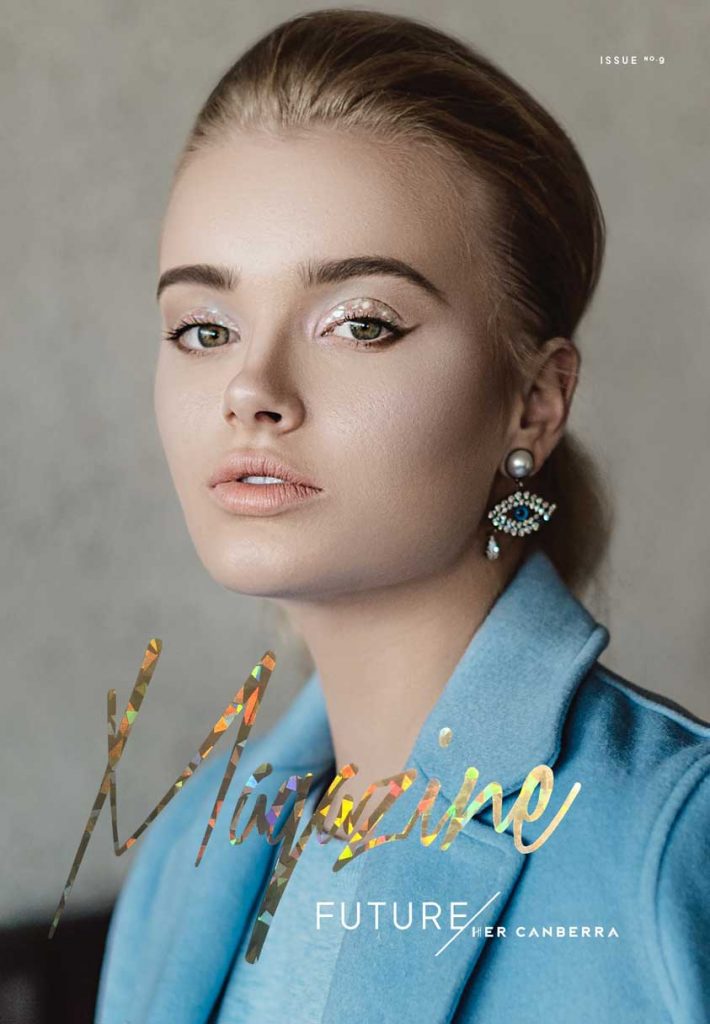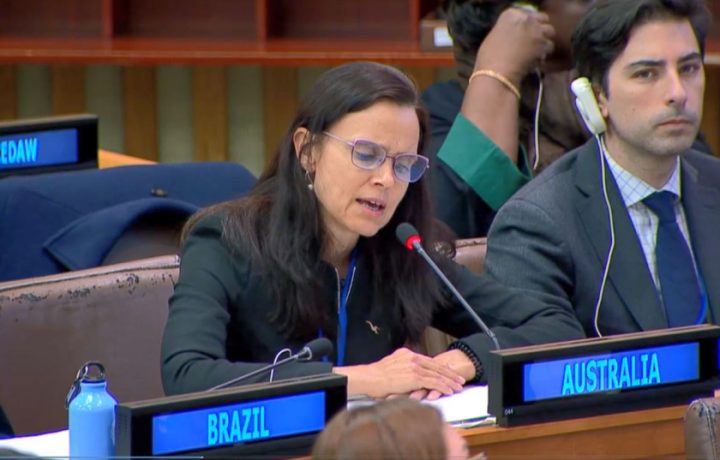Future Generation: Hayley Teasdale

Posted on
Not much stops Hayley Teasdale.
At just 25, she is a rising star in the science field, about to complete her PhD in Parkinson’s disease research where she is pioneering a type of noninvasive brain stimulation to help suffers regain their balance.
She is teaching herself how to design, build and market a Buzz Balance Ball to help every elderly person or person with neurodegenerative diseases who is at risk of falls improve their balance in their own homes. When she is not in a lab, you may find her at a podium, delivering a TEDx talk or encouraging new generations of young women into the science and technology field through her participation on a number of local and national gender equity bodies.
But sometimes, each month, Hayley is forced to stop. She spends four hours hooked up to a blood plasma transfusion to treat a debilitating disease – common variable immune deficiency. Even then, the finalist of the 2017 Young ACT Citizen of the Year and finalist of the 2017 ACT Young Woman of the Year doesn’t really stop. She uses her experience to propel further good works – as a volunteer for the Red Cross Blood Service.
What sparked your love of science?
Probably a natural curiosity, particularly for nature and space as a child. I recall petitioning for a science program in primary school, and teaching myself about DNA for the first time. It just was always what I was going to do, and I have never changed my mind.
How do you enthuse other women to get involved in STEM?
I am a big believer that in order to be it, you need to see it. Most of my activities, therefore, involve simply highlighting current legendary STEM women or getting out there and showing people that I am a passionate STEM woman. I do this through programs like Breaking Barriers with UN Women or the children’s book that I am working on that will highlight female scientists.

Between your study, research, development, representative positions and personal health management do you have ANY spare time at all and what do you do with it?
The aim is to not have any spare time! To manage my health I do require a lot of down time, and this I normally spend watching bad sitcoms with my dog. He’s pretty good at being my sidekick while I am sick, so I am training him to be a therapy dog to visit hospitals and nursing homes. A long period of getting stuck in bed sick was what lead to my idea to create a medical device to train balance and prevent falls, so it’s not all bad!
How did your diagnosis make you feel about your future? Did it change your perspective about life? How?
For a long time, it didn’t affect my future, because I am stubborn and believed I could do it all anyway. I was wrong. Lately, I have been particularly unwell and I am needing to rethink the way I approach my life goals.
I want to use science and technology to solve big world problems, like health or poverty and previously I thought that would be through clinic work and research, but that might be too physical for me if my immunity continues to worsen. I am now considering a career leaning more towards advocacy and science policy, to change the world from a different perspective!
My diagnosis makes me value my time where I feel healthy and am out of bed. I tend to get frustrated when people are healthy and capable and don’t use that time to do great things, because I believe every person is capable of great things, it’s just a matter of realizing what their passion and skills align with.
Read the entire Future Generation series here.
Photography by Martin Ollman
This article originally appeared as part of our Future Generation editorial in Magazine: Future for Winter 2017, available for free while stocks last. Find out more about Magazine here.



Leave a Reply
You must be logged in to post a comment.